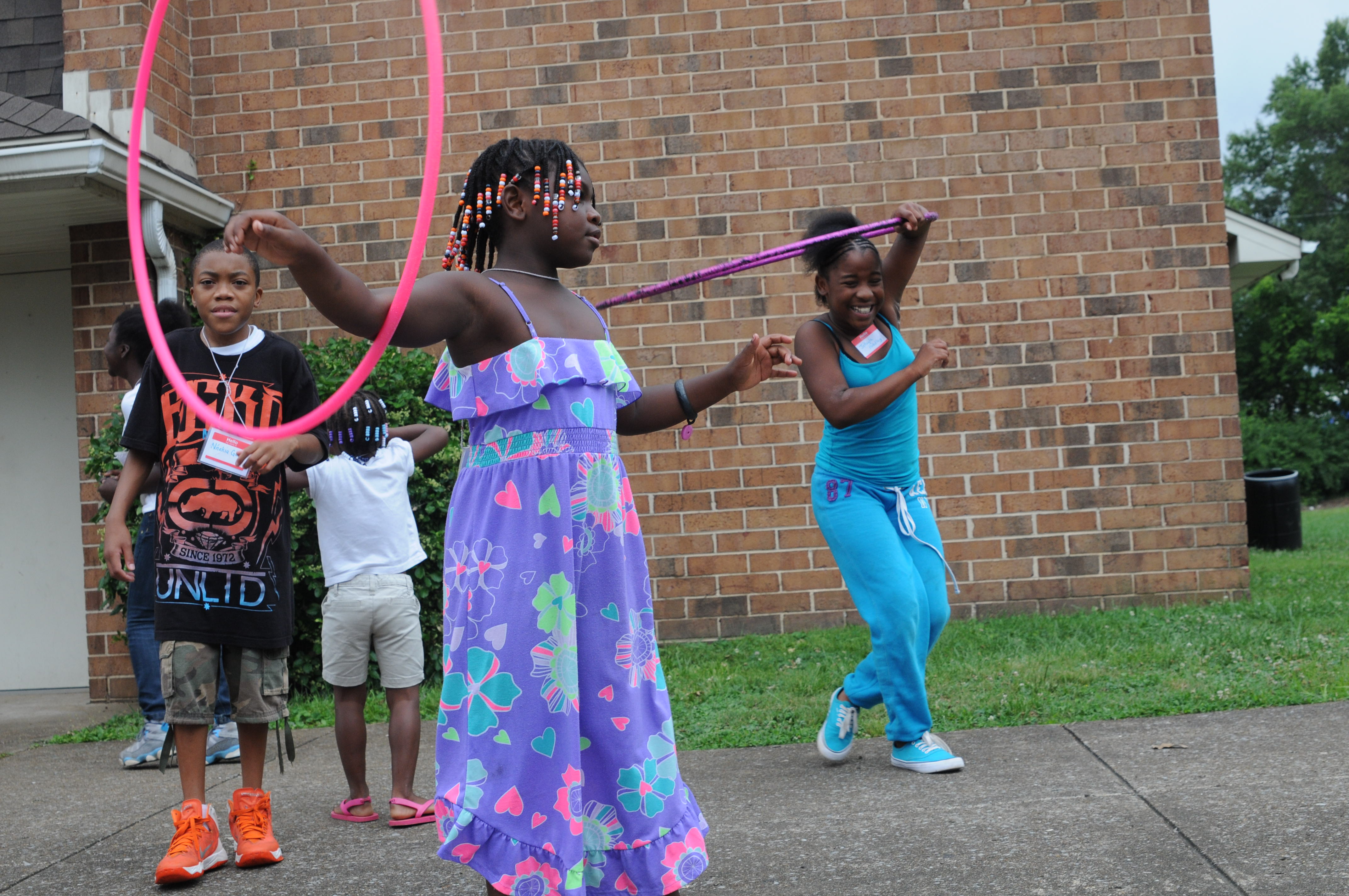BY THE NUMBERSChildren in poverty:• A. 26 percent or 379,000 in Tennessee 2012. Worsened compared to 21 percent in 2005.• B. 27 percent or 672,000 children in Georgia 2012. Worsened compared to 20 percent in 2005.• C. 27 percent or 306,000 children in Alabama in 2012. Worsened compared to 25 percent in 2005.• D. 23 percent or 16,397,000 children in the United States in 2012. Worsened compared to 19 percent in 2005.Fourth-graders not proficient in reading:• A. 66 percent in Tennessee 2013. Improved compared to 73 percent in 2005.• B. 66 percent in Georgia 2013. Improved compared to 74 percent in 2005.• C. 69 percent in Alabama 2013. Improved compared to 78 percent in 2005.• D. 66 percent in the United States 2013. Improved from 70 percent in 2005.Children without health insurance:• A. 6 percent or 85,000 in Tennessee 2012. Improved compared to 7 percent in 2008.• B. 9 percent or 220,000 in Georgia 2012. Improved compared to 11 percent in 2008.• C. 4 percent or 46,000 in Alabama 2012. Improved compared to 8 percent in 2008.• D. 7 percent or 5,264,000 in the United States 2012. Improved compared to 10 percent in 2008.
Children in Tennessee are getting smarter and healthier, but an increasing number are plagued with poverty. More than 1 in every four children live in poverty, up from about 1 in 5 in 2005.
"I've seen kids hungry, not able to be fed. They go from living in one person's home to the other because parents don't have a place for them to go," said Gloria Griffith, founder of a summer camp in the Westside, where the median household income is $12, 977 and 86 percent of the population lives below poverty.
Tennessee ranks 36 this year in the annual Kids Count National Data Book ranking on child well being. It's still in the bottom half of the country, but it's up three notches from its 2013 ranking. And the state is among the top five in the country showing the biggest improvements in overall rankings.
The fourth-grade reading score pushed the state's increase in education ranking, said Rose Naccarato, Kids Count director. The improvement is at least related to the state making prekindergarten classes available to more students, she said. The program started in the fall of 2004 with about 3,000 students and increased to 18,000 in 2007. Naccarato said she hopes it expands to include even more children in the future.
The Tennessee Commission on Children and Youth released the 2014 Kids Count Data Book today.
The data book rates states in four areas: economic well-being, education, health and family and community. When the most recent data were compared to those from 2005, Tennessee improved on 10 of the 16 measures, got worse on five and remained the same on one, paralleling national changes, according to the Tennessee Commission on Children and Youth news release.
More Tennessee children graduate high school, more read on grade level by fourth grade, fewer teens get pregnant and fewer children have low birth weights, but the economic well being of children "is a catastrophe around here," said Griffith.
The cost of living has gone up, but working people make less money to take care of their home, she said. Some women nwork two jobs just to sustain their homes while grandparents, aunts and uncles become the primary caregiver for the children, she said.
More than 30 percent of children in Tennessee have parents who lack secure employment, 34 percent live in households with a high housing cost burden, and 37 percent live in single-parent households, according to the 2014 Kids Count data book.
No child should live in poverty, said Rosalyn Leavell-Rice, regional coordinator of the Tennessee Commission on Children and Youth. Children go to bed hungry, Leavell-Rice said, and she also has met some children who have to take showers at school because they don't have running water at home.
Poverty is stressful on the family, said Naccarato. Yet more than 2 billion people in the world live on less than $2 a day, according to the World Bank Poverty Overview last updated April 2014.
Tennessee has the highest proportion of minimum wage workers in the country, according to the Bureau of Labor Statistics. Nationally 4.3 percent of the workforce earns at or below minimum wage. About 7.4 percent of the workforce earns at or below minimum wage in Tennessee. Minimum wage is $7.25 an hour. At least $17.31 is the living wage calculated for one adult and one child in Hamilton County to pay for housing and transportation, according to the web site livingwage.mit.edu.
"We can find money for war, but not for human beings," said Griffin. "We don't put money into people. We put money into power."
Contact staff writer Yolanda Putman at yputman@timesfreepress.com or 757-6431.

